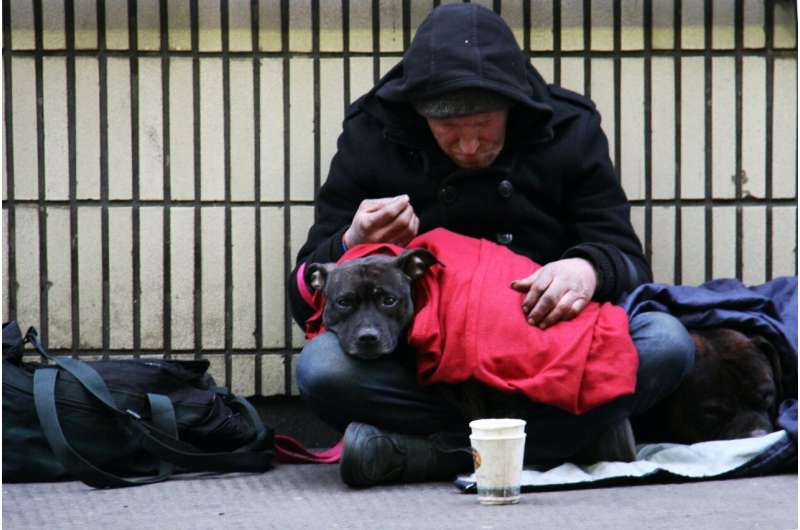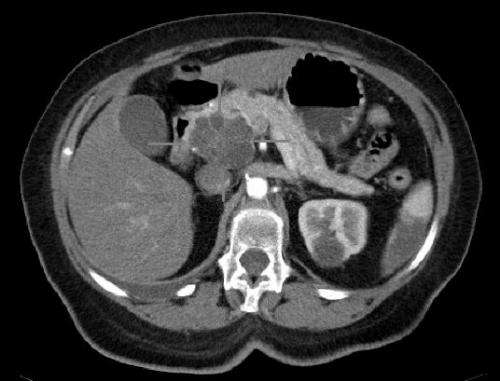Study Reveals Strong Connection Between Street Sweeps, Overdose, and Systemic Harm

A recent study uncovers the harmful impact of street sweeps on homeless individuals, linking belongings confiscation to increased overdose risks, violence, and barriers to essential services in Vancouver.
A groundbreaking study conducted by Simon Fraser University highlights the detrimental effects of street sweeps on individuals experiencing homelessness, particularly in Vancouver. The research indicates that confiscating personal belongings during municipal dismantling of tent cities not only causes immediate harm but also exacerbates systemic issues faced by this vulnerable population. Between 2021 and 2023, nearly 25% of unstably housed individuals reported having their possessions seized by city workers as part of street sweeps. These actions have been significantly linked to increased risks of non-fatal overdoses, acts of violence, and difficulties in accessing vital health and social services.
According to Kanna Hayashi, an associate professor at SFU and Chair in Substance Use Research at St. Paul’s Hospital, "Our data captures a harmful aspect of street sweeps—confiscation of personal belongings—which punishes individuals for their survival strategies. This is a public health crisis, especially amidst the ongoing toxic drug crisis." The study, the first large-scale quantitative analysis in Vancouver on this topic, involved 691 participants who reported unstable housing and drug use.
Findings reveal that confiscation is associated with increased barriers to essential services, violence, and overdose risks. Participants who experienced belongings confiscation within the past six months were more likely to face housing access barriers, with 36% unable to access housing services, and 27% reporting police violence. Essential items like medication and harm reduction supplies were often lost during these processes.
Hayashi emphasizes, "When personal items, including opioids, are taken away, individuals are displaced into more dangerous environments and may increase drug use to cope, leading to higher overdose risks." Advocates such as Our Streets and P.O.W.E.R. have long expressed concerns over street sweeps, which contribute to overdose and systemic violence. Community member and researcher Dave Hamm notes that despite various efforts and advocacy, the practice remains unchanged, underscoring the need for continued community support.
Legal experts also warn that confiscating personal belongings from unhoused individuals violates their rights under the Charter of Rights and Freedoms in British Columbia. Caitlin Shane of Pivot Legal Society stresses that such practices worsen existing violations and can threaten lives.
The study advocates for long-term solutions like increasing access to dignified housing and harm reduction services. In the short term, measures such as providing secure storage options and proper documentation for confiscated items could mitigate immediate harms. Hayashi criticizes street sweeps as costly and ineffective, arguing that they do not address the root causes of homelessness and drug-related issues.
The full study, titled "Street sweeps: The municipal government-enforced confiscation of personal belongings among unstably housed people who use drugs in Vancouver," is published in Public Health. It underscores the importance of policy reforms focused on dignity, health, and safety for those experiencing homelessness.
Stay Updated with Mia's Feed
Get the latest health & wellness insights delivered straight to your inbox.
Related Articles
The Impact of Chronic Inflammation from Alcohol on Pancreatic Cancer Progression
Chronic inflammation from alcohol consumption accelerates pancreatic cancer development through key molecular pathways, with CREB playing a central role. New research offers promising therapeutic targets for prevention and treatment.
UK Health System's Digital Transformation Faces Risks of Exclusion
The UK’s plan to overhaul the NHS app promises improved healthcare access but risks marginalizing vulnerable populations. Ensuring digital inclusivity is vital for equitable health outcomes.
Germany's BioNTech Acquires CureVac to Accelerate Cancer Research Using mRNA Technology
Germany's BioNTech is acquiring CureVac for $1.25 billion to strengthen its mRNA technology platform and accelerate the development of innovative cancer immunotherapies, marking a significant move in biotech research.



